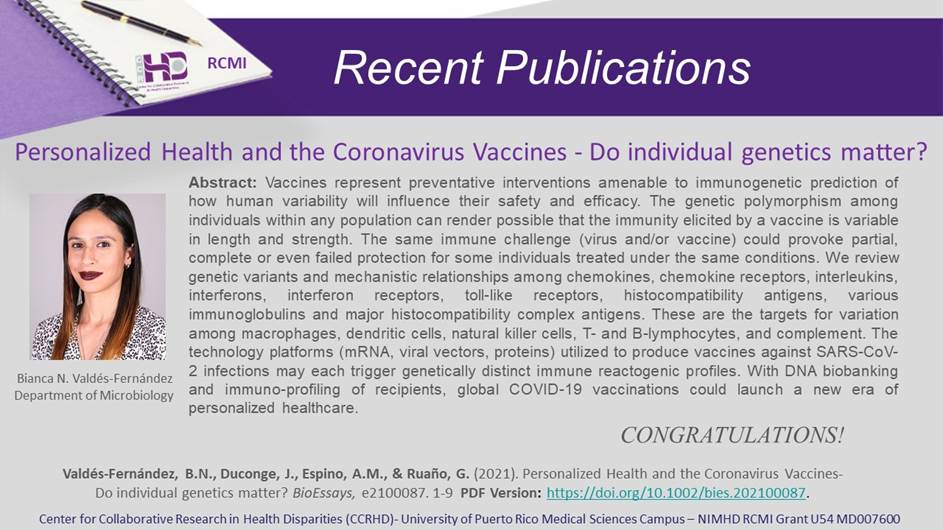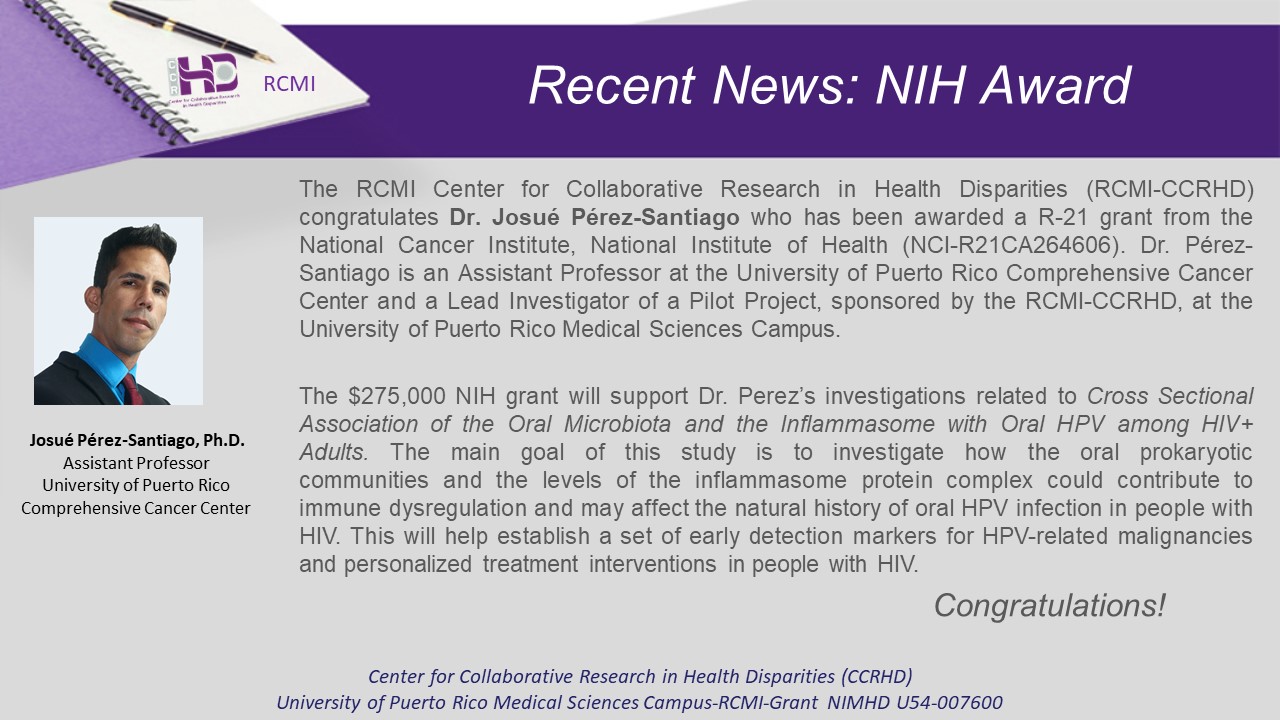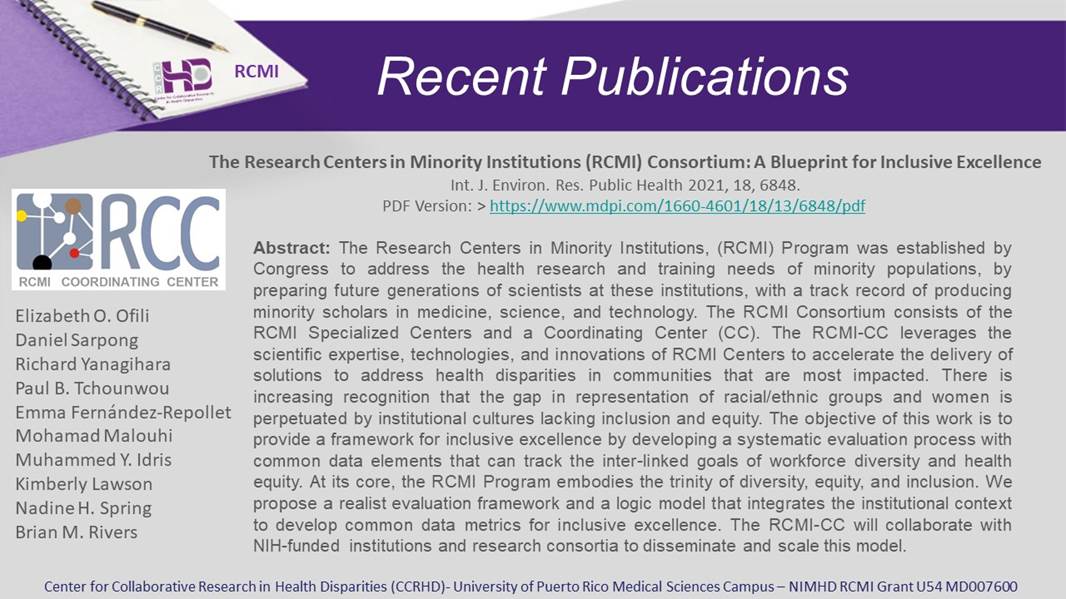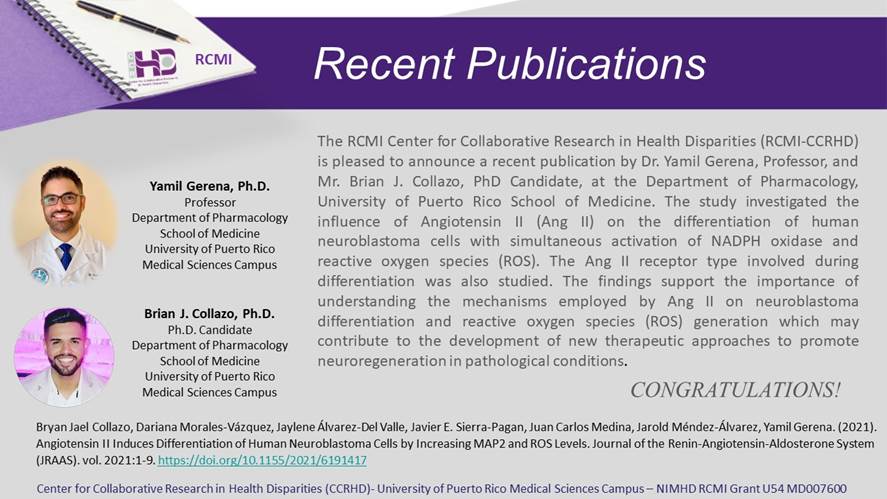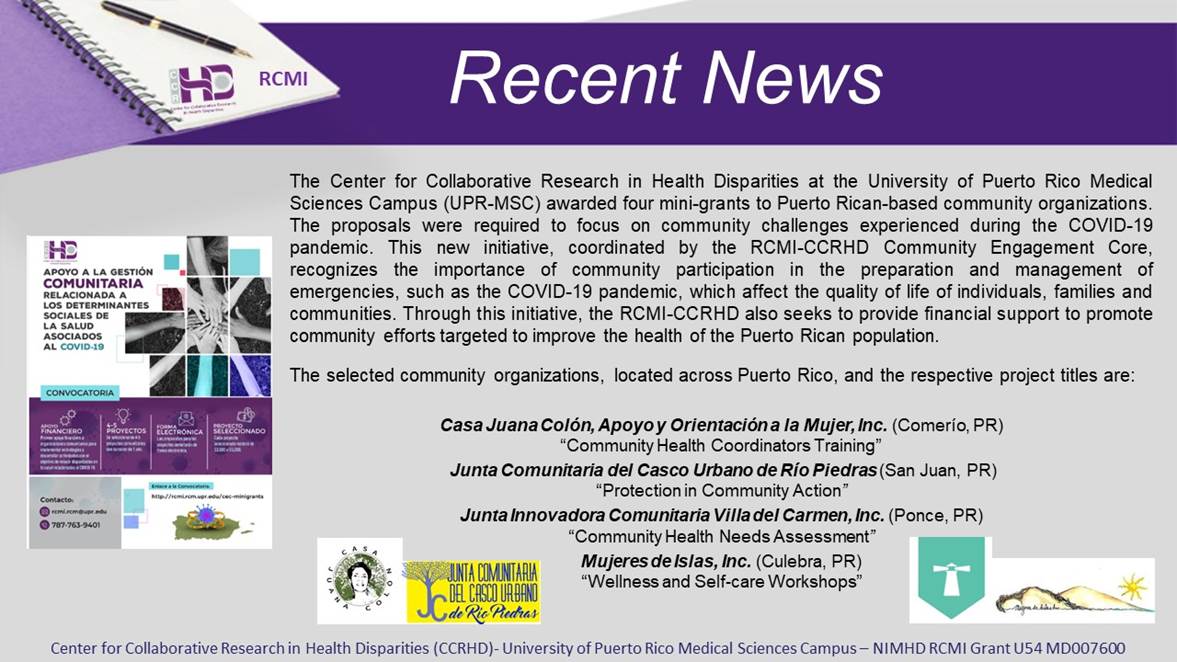NIH’s Minority Health and Health Disparities Strategic Plan 2021-2025: A Path to the Future
The 2021-2025 NIH Minority Health and Health Disparities Strategic Plan was developed by NIMHD in collaboration with all NIH Institutes, Centers, and Offices, as well as external experts and communities affected by health disparities. This strategic plan demonstrates NIH’s commitment to improving minority health and reducing health disparities.
NIMHD Director Eliseo J. Pérez-Stable, M.D., shares his thoughts on the plan in the latest issue of NIMHD Insights Blog. He states, “In this moment when so many Americans are looking to the biomedical research enterprise for help, we are proud to be able to provide a strategic, concrete plan for advancing minority health and health disparities research, capacity building, and outreach.”
